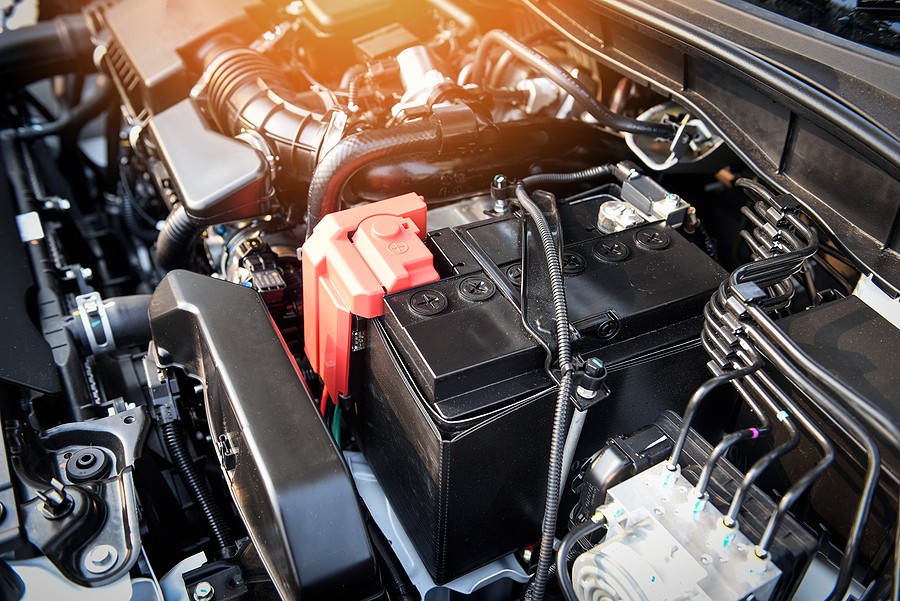It can be a tough decision to determine whether it's worth it to replace the engine in an older car. There are several factors to consider when making this decision. Here are some things to consider when deciding whether to replace the engine in an old car:
- Cost: The cost of a new engine can be significant, especially if you are considering a high-performance or specialty engine. You'll need to weigh the cost of the engine against the value of the car to determine if it's worth it.
- Condition of the rest of the car: If the rest of the car is in good condition, it may be worth it to replace the engine. However, if the car has other issues or is in poor condition, it may not be worth investing in a new engine.
- Use of the car: If you rely on the car for daily transportation or use it for work, it may be worth it to replace the engine. However, if the car is just used for occasional trips or as a weekend cruiser, it may not be worth the expense.
- Age of the car: If the car is very old, it may not be worth it to replace the engine. In this case, it may be more cost-effective to purchase a newer, reliable car rather than investing in a new engine for an older vehicle.
Ultimately, the decision to replace the engine in an old car will depend on your individual circumstances and the specific needs of your vehicle. It's a good idea to get a professional evaluation and estimate before making a decision.
Here are some additional things to consider when deciding whether to replace the engine in an old car:
- Availability of parts: If the car is an older model or a rare make, it may be difficult to find replacement parts for the engine. This can make the repair more expensive and time-consuming.
- Complexity of the repair: Replacing an engine can be a complex and labor-intensive repair. If you are not comfortable with automotive repairs or do not have the necessary tools and equipment, it may be more cost-effective to hire a professional mechanic to do the work.
- Reliability of the new engine: It's important to consider the reliability and performance of the new engine you are considering. A high-quality engine from a reputable manufacturer is more likely to be reliable and last longer than a cheaper, lower-quality engine.
- Potential resale value: If you are considering selling the car in the future, replacing the engine may improve the resale value. However, if the car is an older model with low resale value, it may not be worth the investment.
- The warranty on the new engine: If you are purchasing a new engine, it's important to consider the warranty offered by the manufacturer. A longer warranty can provide peace of mind and may save you money in the long run if any issues arise with the engine.
- The availability of a used engine: In some cases, it may be more cost-effective to purchase a used engine rather than a new one. However, it's important to carefully research the condition of the used engine and determine if it is a reliable option.
- The potential for engine upgrades: Replacing the engine in an old car may be an opportunity to upgrade to a more powerful or efficient engine. This can improve the performance and value of the car, but it may also increase the cost of the repair.
- The importance of the car in your life: Finally, it's important to consider the emotional value or sentimental value of the car. If the car holds a lot of sentimental value or is important to you for other reasons, it may be worth it to invest in a new engine, even if it is not the most cost-effective option.
Ultimately, the decision to replace the engine in an old car is a personal one that will depend on your individual circumstances and priorities. It's a good idea to carefully weigh all of these factors before making a decision.


